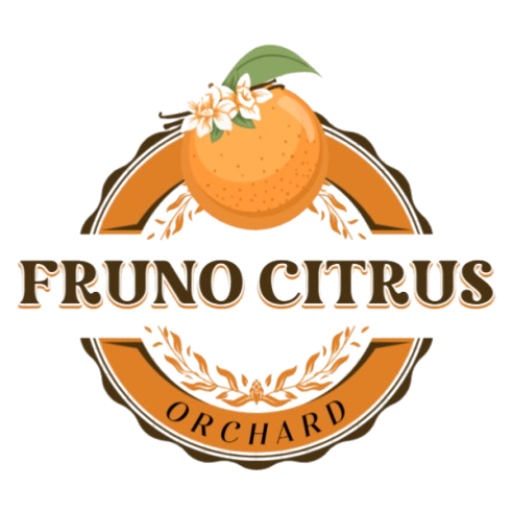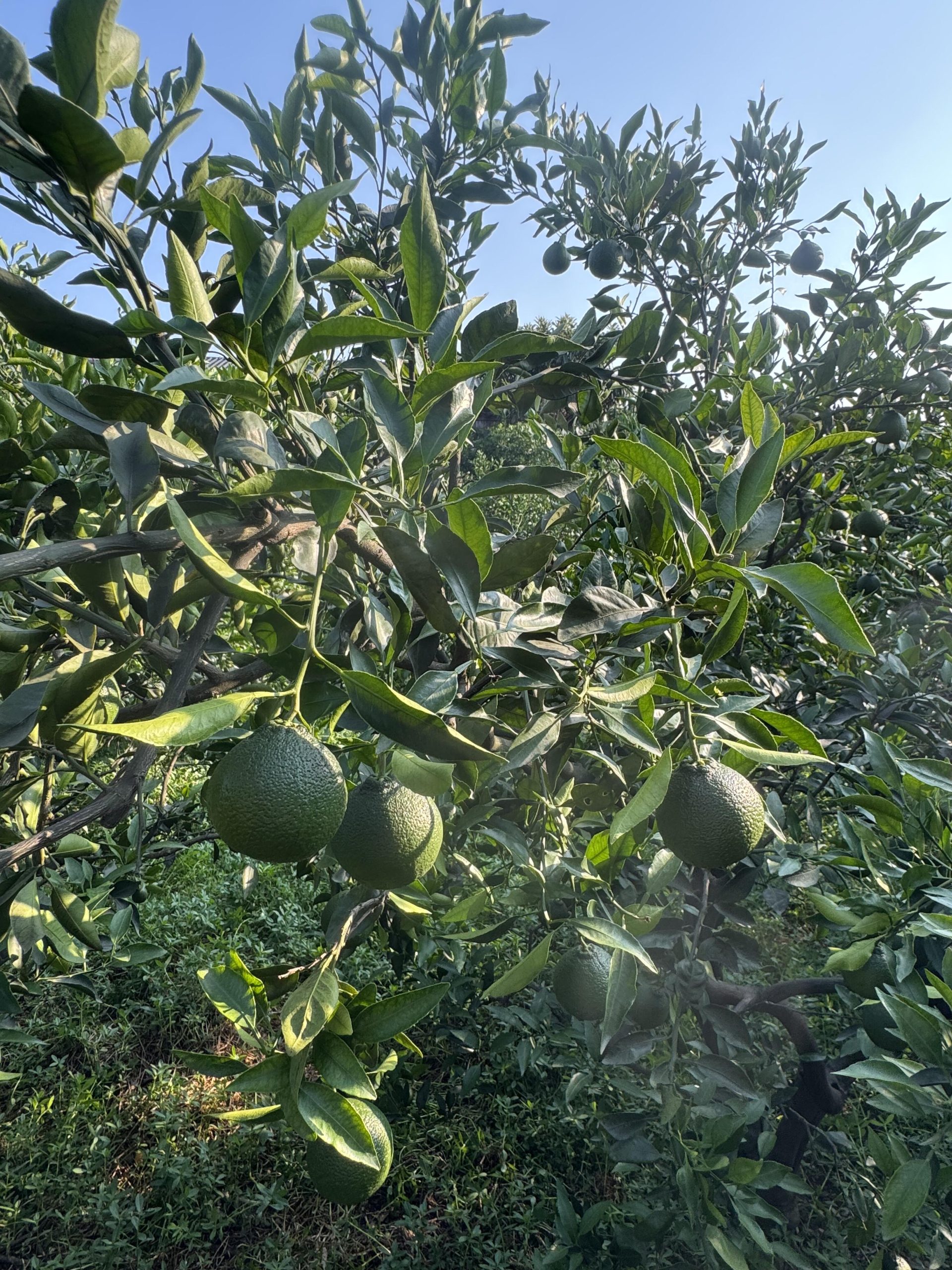Citrus Orchard Sustainability: Balancing Productivity with Eco-Friendly Farming
Sustainable Practices in Citrus Orchards
Citrus orchards, such as those managed by Fruno, have increasingly prioritized sustainability to align with global demands for eco-friendly farming. With over 6,000 acres under cultivation and more than 27 years of planting experience, Fruno emphasizes environmentally responsible practices while maintaining high-quality production. The integration of sustainable methods not only ensures the health of the ecosystem but also enhances the overall productivity of the orchard.
Utilizing organic fertilizers and integrated pest management, Fruno cultivates varieties like the Ehime Jelly Orange and Papagan Orange without harmful chemicals. This practice improves soil health and promotes biodiversity within the orchard, which is crucial for long-term sustainability. Additionally, implementing water conservation techniques helps manage resources effectively, ensuring that both the crops and the environment thrive harmoniously.
The commitment to sustainability at Fruno does not compromise quality. The Ehime Jelly Orange, for example, is celebrated for its exceptional taste and texture, appealing to both local and international markets. By balancing productivity with eco-friendly farming, Fruno sets a standard for other citrus growers to follow, demonstrating that it is possible to be both profitable and environmentally conscious.
Economic Viability of Eco-Friendly Farming
One of the significant challenges facing citrus growers is maintaining economic viability while adopting sustainable practices. At Fruno, this balance is achieved through a strategic focus on high-demand citrus varieties such as Ganping Mandarin and Papagan Orange. These late-season fruits not only cater to market preferences but also command premium prices due to their superior quality. Consequently, growers can invest in sustainable methods without sacrificing profitability.
The Ehime Jelly Orange, in particular, has garnered attention for its unique flavor profile and high market demand, leading to increased export opportunities. As consumers become more environmentally aware, they are willing to pay higher prices for sustainably produced fruits. This shift in consumer behavior provides an economic incentive for growers to adopt eco-friendly practices, thereby creating a win-win situation.
Furthermore, Fruno’s certification from organizations like the FDA and ISO22000 assures buyers of the quality and safety of their products. This reputation for quality, coupled with sustainable practices, positions Fruno favorably within the competitive citrus market, allowing them to thrive economically while promoting citrus orchard sustainability.
Future Innovations in Sustainable Citrus Farming
The future of citrus farming lies in continuous innovation and adaptation of sustainable practices. Fruno is at the forefront of exploring new technologies that enhance productivity while minimizing environmental impact. For instance, the use of precision agriculture techniques allows for more efficient resource use, reducing waste and optimizing crop yields. These advancements not only benefit the orchards but also contribute to the broader goal of sustainability in agriculture.
Research into disease-resistant citrus varieties offers another avenue for improving sustainability. By breeding and selecting plants that require fewer chemical treatments, Fruno can further reduce its environmental footprint. The addition of sustainable packaging options for exporting fruits like the Ehime Jelly Orange also plays a crucial role in meeting consumer expectations for eco-friendly products.
In conclusion, as the citrus industry evolves, Fruno’s commitment to balancing productivity with eco-friendly farming will serve as a model for sustainable agricultural practices. By embracing innovation and prioritizing sustainability, Fruno is not only enhancing the quality of its produce but also contributing positively to the environment and the economy.

